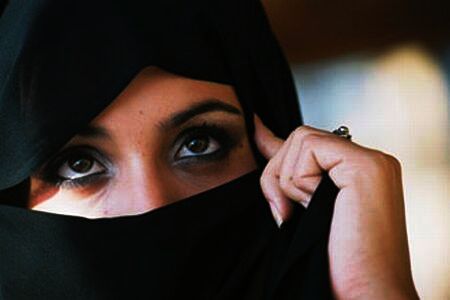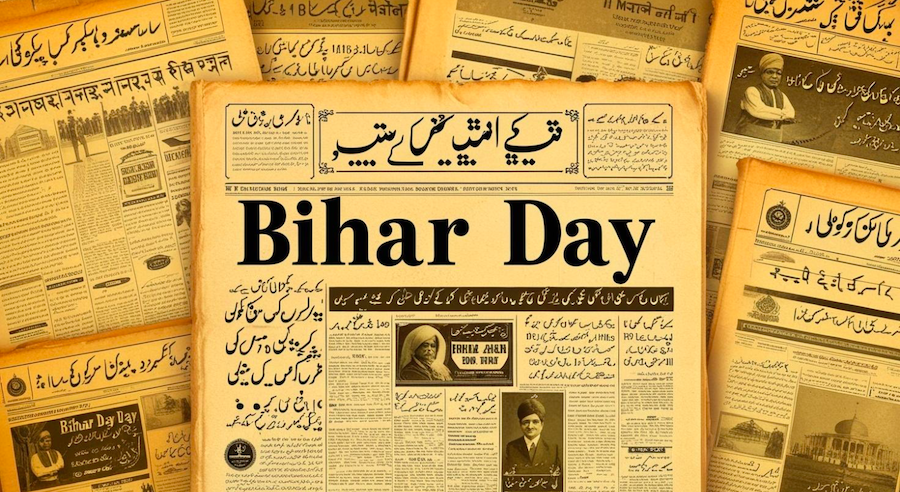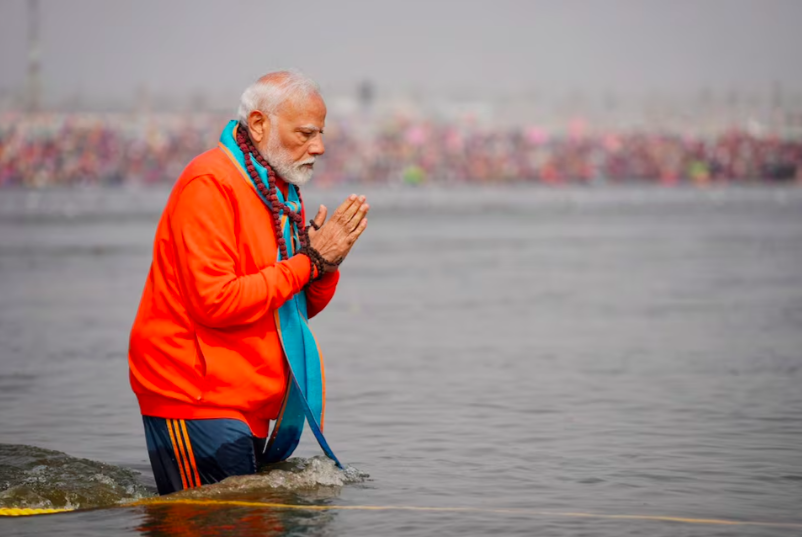Shazia Shaikh for BeyondHeadlines
As we are celebrating International women’s day today, there are many challenges ahead and many constraints to be removed. Nevertheless, women are achieving in diverse fields and showing their magnificence in non-conventional fields. In fact, different nation-states including India have appointed women as their heads of state. Having said this, representation of women has become very critical issue especially in a traditional society like India where caste, class and religion etc dominates Indian politics and for this reason, demand for affirmative action has been made since 1997 and which is still pending in Lok Sabha for the final approval. Hence, in this context, the question of representation from the largest minority of India i.e. Muslim women needs to be highlighted. Therefore, in this article, an attempt is made to highlight historical facts to understand the issues of leadership of Muslim women and to discuss the major challenges.
In the first war of independence, Begum Hazrat Mahal from Awadh presidency had given appalling defeat to the Englishmen who had rushed to call their native soldiers back from Britain to retaliate with her force. It was Begum Hazrat Mahal who took in charge of Awadh in the very critical stage and even when her husband Wajid Ali Shah retreated from commanding his presidency. In fact, historians have been categorical about her bravery and leadership that how this veiled woman had transcended from Zanan Khana (a niche in palace confined exclusively for women) to the battle ground. Hence, Begum Hazrat Mahal is a leading model and heroic example. Before this in the 13th century Razia Sultana had received the honor of being most courageous and brave woman. Highly influenced by her extra ordinary attributes, father King Altamash had delegated the reign of Delhi to her instead of her brothers and hence by rejecting the patriarchal order. Similarly, Chand Bibi from Northern India, and Shahjahan Begum from Bhopal, in the 16th and 20th century respectively are renowned historical figures known for their bravery and success.
Then why do we always forget the significant contribution of Muslim women who lived valiant life as the leader in the medieval and modern history? Therefore, is this fact not enough for those who defy leadership of Muslim women by often terming them as delicate creations? Could it be not a motivating factor for the present generation of Muslim women to fight against menaces, and emerge as victorious? Hence, in fact their dynamic possession would always encourage Muslim women in every age to conquer the intricate challenges and to accomplish their motto.
Though Quran is not against women’s leadership, the Ulama have conjured up this on the basis of this tradition. Abu Bakr said: Allah caused me considerable benefit from one sentence. When Prophet (PBUH) heard that the Iranians had made the daughter of Chosroe their ruler, he said: ‘that nation can never prosper which has assigned its reign to a woman.’
However, this Hadith is not authentic. The scholars of this Hadith have classified it as Ahad Hadith. Ahad Hadith is generally reported by a single Companion of the Prophet and did not become well-known in the immediate two or three generations, does not give positive knowledge, is of speculative authenticity and therefore falls under the category of speculative proofs. Moreover, what is established in Quran cannot be restricted or discarded by Ahad Hadith.
Apart from being an isolated one, Maulana Umar Ahmed Usmani has held that this Hadith existed before the Battle of Camel in which Hazrat Aisha, wife of the Prophet, participated. Abu Bakr, the narrator of this Hadith recalls it only after the battle had started and Hazrat Aisha had assumed command of the army. Abu Bakr could have reported it much before, which is enough to prove that this Hadith was forged in the milieu of this battle. Hence, there is no strong argument to support that women cannot become head of the state or leaders.
During the period of Prophet Muhammad (PBUH), Muslim women were at the fore front taking part in socio-political activities. They performed significant duties during Jihad, for instance, treating the wounded. They used to give water to the people, serve them and also take the injured and deceased to Madina. (Bukhari) A model of bravery and courage of Muslim women was Hazrat Umme Umm’ara who saved Prophet from the enemy during the battle of Uhad and got seriously injured as a result. If these Muslim women would had confined to home then they could never had made such distinguished contribution. If this popular assumption is correct that women are imperfect in reasoning and religion then even the Caliph would not have entrusted vital duties to women and consulted them and there could be no instance of any women in the history of Islam who achieved great fame in the Qur’anic exegesis, science of Hadith, jurisprudence and literature. In fact, some Muslim women were known for issuing regular Fatwa. However, this has been seriously lacking now we can hardly witness women holding such important position in the present era. Hence, there is dire need to re-store to Muslim women their own historic identity.
(Shazia Shaikh is an Assistant Professor at Ismail Yusuf College and works keenly on social issues. She is the author of a famous and recently published book “A Critical Analysis of Fatwas Issued on Muslim Women in India”. Her email id is shaishazia@gmail.com)
The views expressed in this article are the author’s own and do not necessarily reflect BH’s editorial policy.










